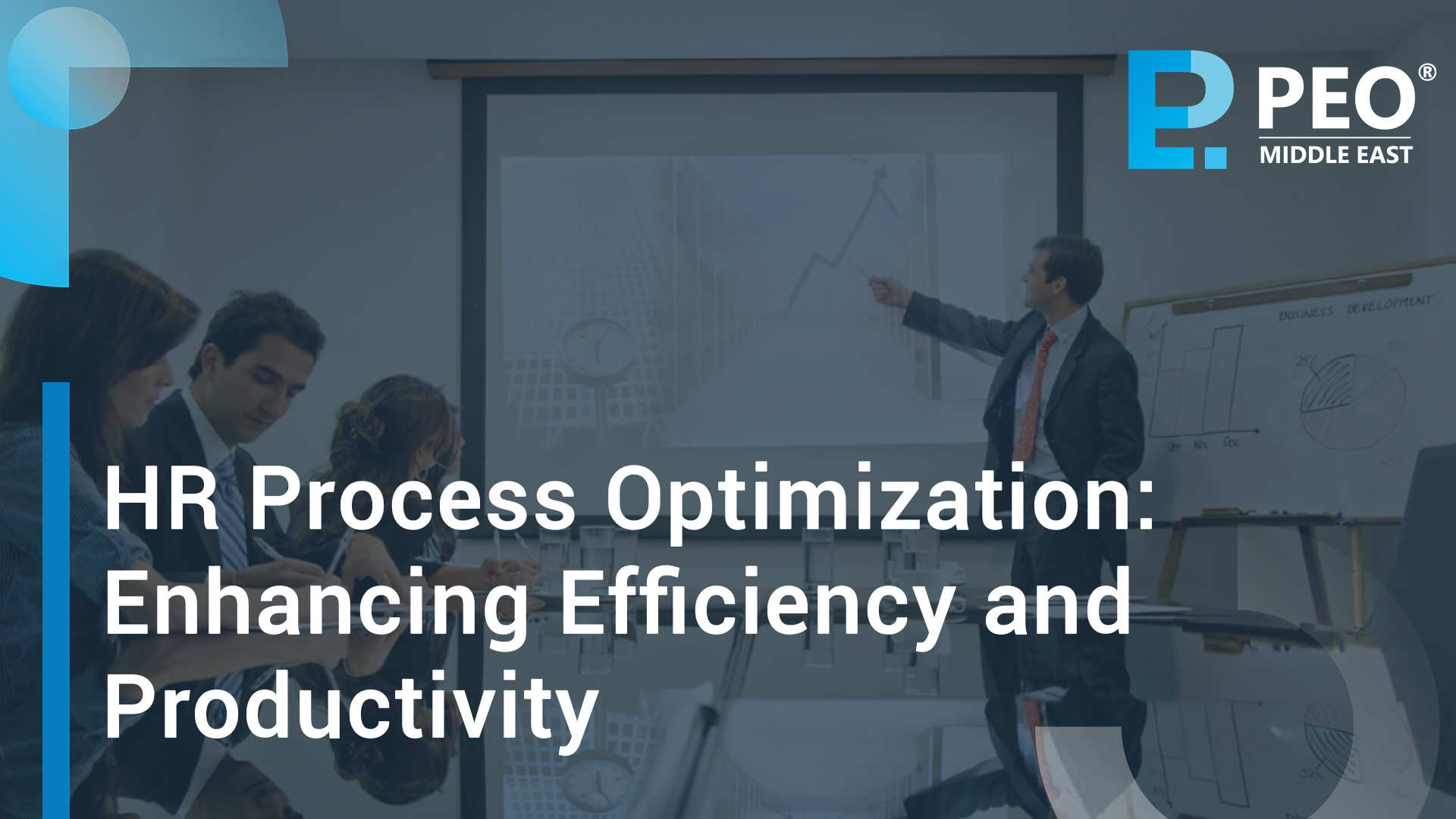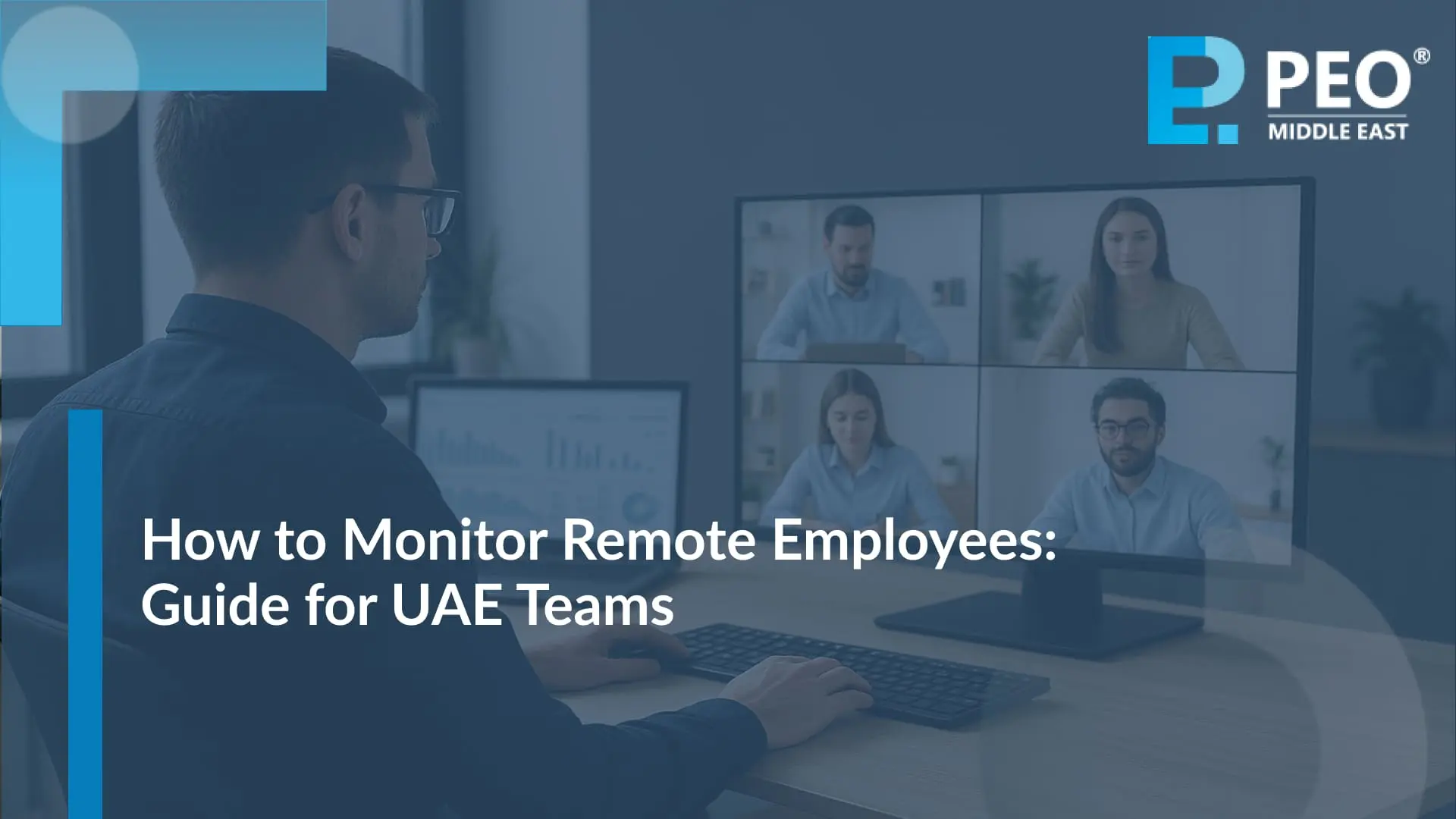Introduction to HR Process Optimization
In today’s fast-moving digitalized world HR processes play a crucial role in organization and employee success. Believe it or not, an optimized HR process such as policies, automation, and employee feedback can lead to productive and efficient HR operations.
Understanding HR Optimization Meaning and Scope
HR optimization refers to identifying, analyzing, and making improvements in HR operations to increase organizational productivity.
These are the key areas for optimization:
- Automate Repetitive tasks
- Update Company Policies
- Integrate employee feedback
Automate Repetitive tasks:
Convert manual processes into digital ones like onboarding, reporting, payroll, etc. It saves a lot of time and chances of error will be minimized as well. Popular tools are Zenefits, Gusto, and BumbooHR.
Update Company Policies
Reviewing and updating policies and guidelines to ensure compliance, clarity, and fairness for employees.
Integrate employee feedback
Gathering employee feedback from existing staff to analyze their main pain points. This enables overall improvement. Anonymous surveys are an easy method to conduct.
The Ultimate Guide to HR Process Optimization Strategies
In this blog, we will discuss the top techniques for HR process optimization which include:
- HR Analytics for Enhanced Productivity
- HR Outsourcing for Enhanced Productivity
- Optimizing Core HR Functions
- Key HR Metrics for Driving Performance Improvement
- Streamlining Recruiting and Talent Acquisition
- Elevating Performance Management Systems
Streamlining HR Workflows: Best Practices for Efficiency
Before starting streaming HR workflows, assess your current situation. You need to analyze what and who they are, how they work, and where they need to improve. Starting with mapping out existing HR workflows such as recruiting, onboarding, performance management, compliance, and payroll. By streamlining HR workflows, you can ultimately increase overall efficiency.
Benefits of HR Process Improvement for Workplace
The Key outcomes of the HR optimization process can benefit employers in:
- Increased productivity
- Improved employee experience
- Minimized cost
- Enhanced decision-making strategically
Increased Productivity:
Automated and smooth HR operations can minimize the waste of time for both employees and HR team. This benefits both equally in improving HR and staff
Improved Employee Experience
Integrated feedback from staff and updated policies into decision-making foster organization goodwill, employee retention, and engagement.
Minimized Cost
Digitized and automated processes decrease the need for manual labor which can lead staff to focus on high-level strategic initiatives.
Enhanced decision-making strategically
An organization can lead competitive advantage by data gathering through surveys and analytics that provide insights to guide people-related strategy.
How do you optimize HR processes?
There are multiple ways to optimize HR processes which include:
- Assessing current situation
- Identify areas of improvement
- Plan and implement changes
- Evaluating results
- Improving outcomes
- Take support and guidance from external sources
- Empower and engage your HR team
HR process optimization is essential for every organization looking for consistent productivity and growth, as it enables organizations to know their true potential.
HR Analytics for Enhanced Productivity
To improve organizational performance HR analytics plays a crucial role such as thorough analysis of past hires data which improves the recruitment and selection process.
Effective Employee Engagement Strategies for Enhanced Efficiency
Efficient employees are an asset to any organization. By utilizing them in the right way, a company can enjoy great benefits. To enhance employee efficiency, organizations can take employee surveys, foster workplace autonomy, involve employees in the company’s key decisions, set up mentorship programs for them, employee recognition, impactful onboarding process, and ensure fair compensation among all employees, etc.
HR Outsourcing for Enhanced Productivity
Companies outsource a number of HR operations which include, optimizing recruitment processes from start to end and, payroll processes so that they can better focus on their core business areas which can ultimately increase overall productivity.
Key HR Metrics for Driving Performance Improvement
HR KPI plays a significant role in a company’s overall winning. HR KPIs are stats that are used to measure HR performance and how the HR team is aiding and contributing to the organization’s winning. For every organization, it is needed to analyze HR KPIs to know how efficiently an HR is succeeding in implement its strategy.
Implementing HR Process Optimization Techniques
Implementing HR Process Optimization Techniques needs close communication and collaboration. Identifying the areas where HR policies are needed, organizational goals, employee needs, and industry best practices are some of the ways through which HR processes can be optimized.
Optimizing Core HR Functions
By optimizing core HR functions, companies can leverage their tasks on recruitment agencies like selecting, onboarding, payroll processes, performance management and training, etc.
Streamlining Recruiting and Talent Acquisition
Identifying the hiring needs will help streamline the recruitment process. This includes analyzing the soft and hard skills the candidates possess and making a job description based on the skills required by the candidate by creating a compelling job description.
Elevating Performance Management Systems
Performance management in the 21st century clearly denotes to setting clear and smart goals. The term SMART goals involve specific, measurable, achievable, relevant, and time-bound goals that must adjust with the organization’s vision and mission.
Key Points and Next Steps for HR Process Optimization
To make consistent organizational growth, it is necessary to carry out frequent audits to identify areas for improvements, avoid manual tasks and automate repetitive tasks, update policy to streamline HR workflows, tools for easy communication, employee feedback, and assessment to track employee performance.
Conclusion
Optimize HR processes will give organizations a moment of relief and they can better focus on their business tasks effectively. To increase organizational productivity, it’s essential to streamline HR processes in such a way that it can affect both employee and employer betterment.
FAQS
How do you optimize HR efficiency?
HR efficiency can be greatly enhanced by:
- Human Resource Planning
- Human Resource Development
- Recruitment and Selection
- Employee Career Assistance
- Legal Compliance
- Performance Leadership
- Advocate for Employees
- Incentives and Rewards for Employees
- Health and Safety
- Employee and Employer Relationship
- Creating a positive work environment
How can effective HR practices enhance operational efficiency?
One of the top ways to improve HR operations is to streamline HR processes. It simply involves automating manual processes, reducing paperwork, and eliminating unnecessary steps.
What are the 5 HR strategies?
The top 5 HR strategies are:
- Assessing your current workforce abilities, knowledge, and skills
- Develop employee development plans
- Analyze a gap analysis
- Create a succession plan
- Decide on how to increase resources in the future








